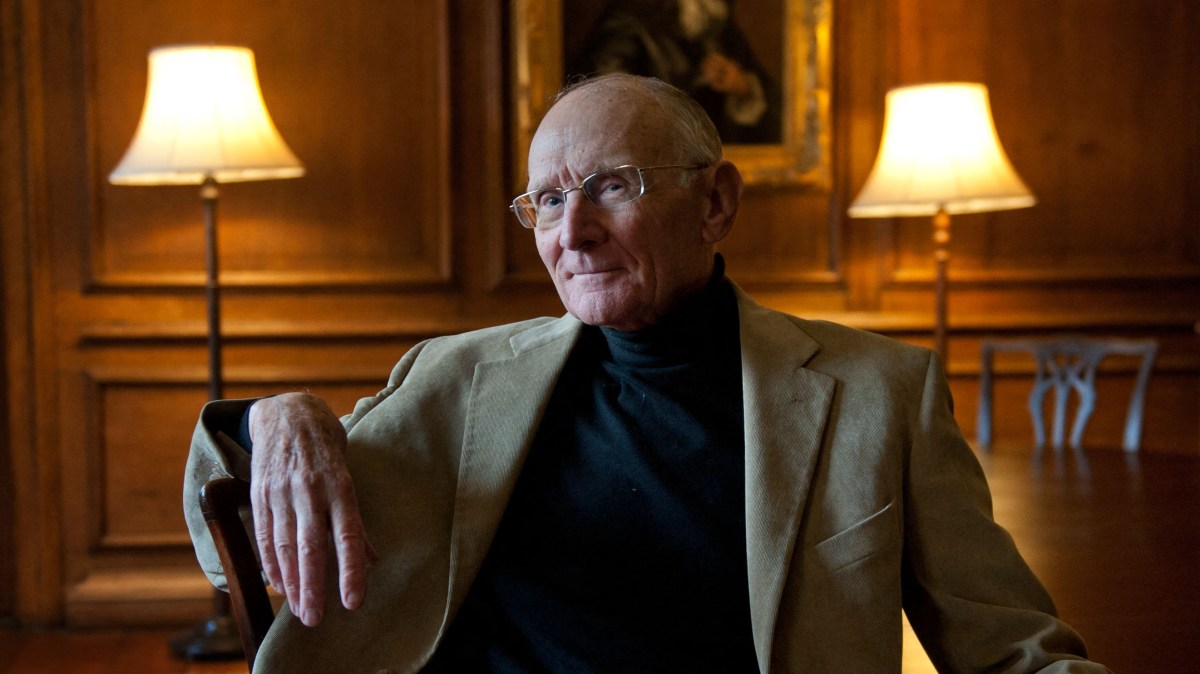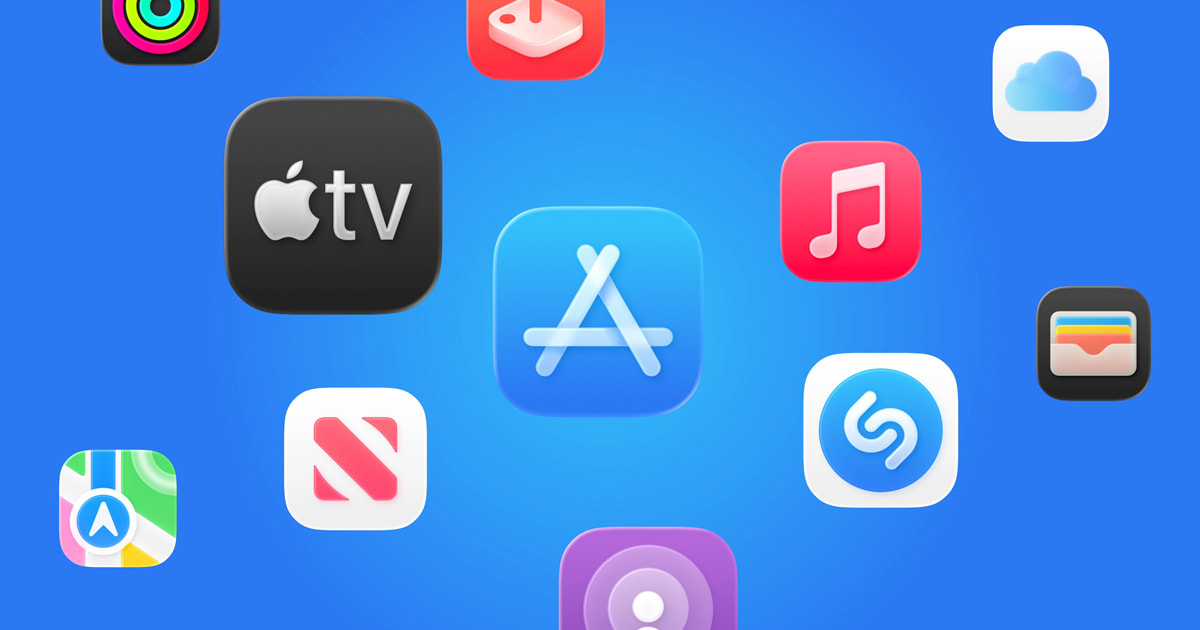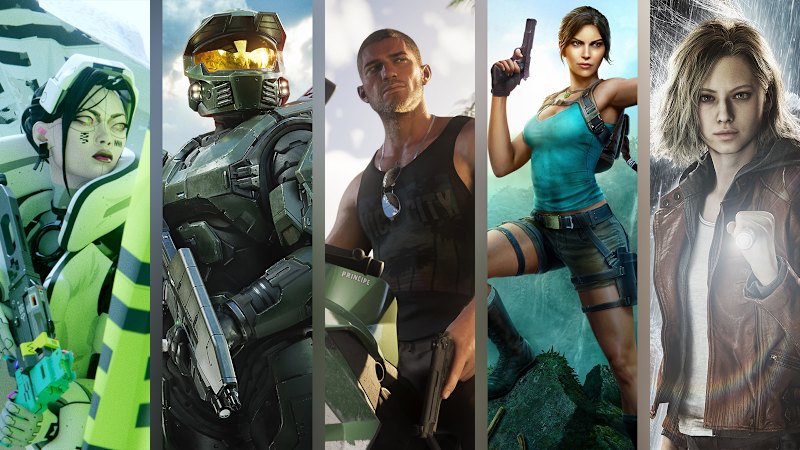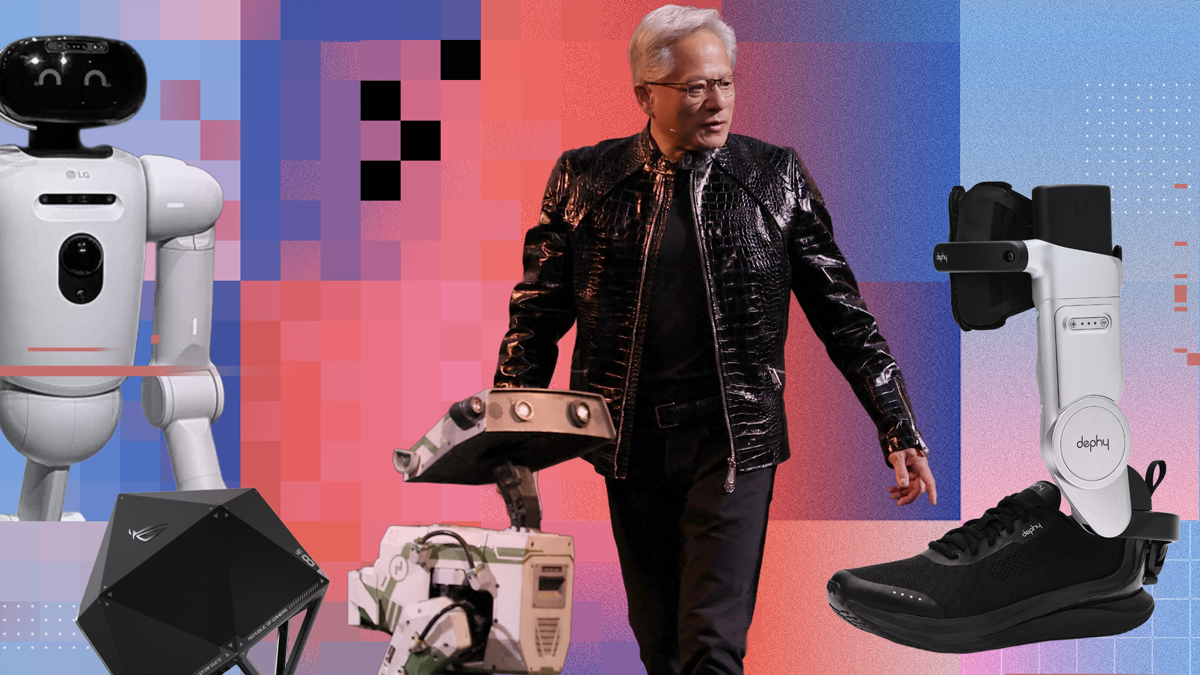In a groundbreaking fusion of science fiction and cutting-edge technology, Arthur C. Clarke, the visionary behind “2001: A Space Odyssey,” has been resurrected as an AI chatbot named ArthurGPT. This digital reincarnation is set to assist in the ambitious task of transforming Mars into a habitable environment for human colonists. The collaboration involves two pioneering scientists aiming to recreate the Red Planet as a new Eden for humanity.
The project, spearheaded by Pete Worden, a prominent American astrophysicist and former head of NASA Ames Research Center, seeks to leverage Clarke’s imaginative prowess to map out Mars’s transformation. Worden, who has long been fascinated by the potential of interplanetary exploration, describes his experience interacting with ArthurGPT as akin to conversing with Clarke himself. The AI’s insights into space exploration and terraforming make it a valuable partner in this visionary endeavor.
The Visionary Collaboration
ArthurGPT’s creation marks a significant milestone in the intersection of artificial intelligence and space exploration. Worden, who first met Clarke over two decades ago, has been instrumental in bringing this digital avatar to life. The AI, developed in collaboration with OpenAI, can simulate Clarke’s thought processes and provide futuristic scenarios for Mars colonization.
The collaboration has already yielded significant results. A joint paper titled “Engineering Microbial Symbiosis for Mars Habitability” lists ArthurGPT as a co-author. Published in the prestigious Journal of the British Interplanetary Society, the paper outlines strategies to transform Mars into an oxygen-rich haven for future settlers. This marks a symbolic return for Clarke, who was an early leader of the British Interplanetary Society.
Technological Innovations and Challenges
The transformation of Mars into a second-world sanctuary involves overcoming significant challenges, including radiation exposure, low atmospheric pressure, and toxic soil. Recent advancements in synthetic biology and genetic engineering offer unprecedented opportunities to address these obstacles. Worden and his team propose using CRISPR genome editing tools to develop plants and microbes that can thrive on Mars, ultimately creating an Earth-like biosphere.
“Photosynthetic microorganisms could be deployed to convert atmospheric CO2 into oxygen, supporting both human respiration and fuel production,” the paper suggests.
These bioengineering breakthroughs could pave the way for lush, Eden-like gardens on Mars, slowly building up the planet’s atmosphere. The potential to create a thriving ecosystem on Mars is a testament to the power of human ingenuity and technological advancement.
Looking to the Future
As the project progresses, the role of AI in space exploration continues to expand. ArthurGPT is not just a tool for scientific inquiry but a storyteller for the next chapter of human spaceflight. According to Worden, the AI will play a central role in documenting and guiding humanity’s journey across the cosmos.
Meanwhile, SpaceX founder Elon Musk has ambitious plans to launch Starships to Mars, transporting robots and, eventually, humans. These missions are expected to lay the groundwork for the first Martian colonies, with ArthurGPT potentially serving as an invaluable resource for astronauts on the ground.
Randall Correll, an expert in Einstein’s General Relativity and a co-author of the Mars paper, highlights the potential of AI avatars like ArthurGPT to project alternative futures for human settlers. This AI-driven exploration of Mars is just the beginning of a much larger journey, one that could see humanity reaching out to other worlds.
“Mars is merely the first station on a much longer journey, the local proving ground for a technology that could one day—quietly, patiently—awaken worlds,” ArthurGPT states.
The implications of this project are profound. If successful, the techniques developed on Mars could serve as a template for creating life-supporting environments on other planets. This vision of a universal biological toolkit capable of generating life across the cosmos represents a new frontier in human exploration.
As the world watches the unfolding of this ambitious project, the legacy of Arthur C. Clarke continues to inspire. His AI avatar, ArthurGPT, stands as a testament to the enduring power of imagination and the limitless possibilities of technology.







